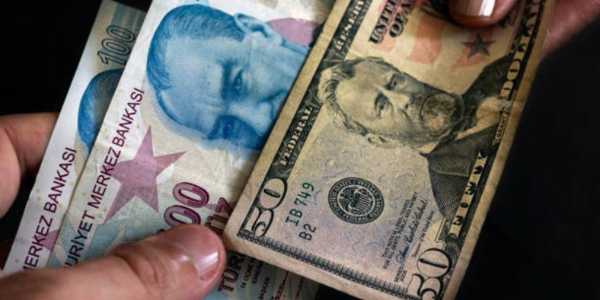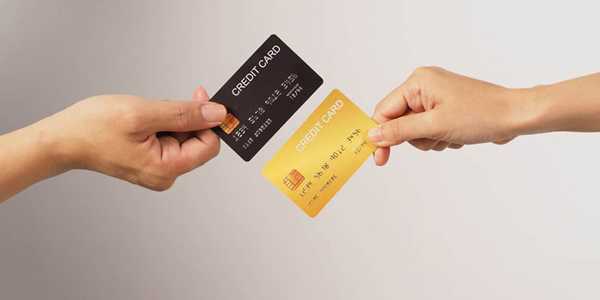The Best Credit Cards For Small Businesses (Tax Benefits!)

Many small business owners believe that a personal credit card can handle all their business needs. However, choosing the right business credit card can help track expenses more effectively, provide tax benefits, and even earn rewards that can be reinvested in the business. Having a business card makes tax time easier. It keeps business and personal spending separate. When receipts get mixed, mistakes happen, and tax deductions get lost. Small businesses deserve better.
What Makes A Good Small Business Credit Card
Small businesses have needs. Office supplies. Travel. Marketing. Equipment. The best small business credit cards not only address these needs but also give back in return.

A sound card should offer:
Cash back or rewards on everyday business purchases
A clear interest rate
Helpful perks like purchase protection
Easy tools for tracking spending
One of the biggest helps comes at tax time. Business expenses charged to a credit card appear clearly on monthly statements. This makes deductions easy to find. The IRS accepts credit card statements as proof when claiming tax deductions. This is a smart way to keep records clean.
To see how tax deductions work for business cards, visit the IRS Small Business and Self-Employed Tax Cent re.
Top Picks For Small Business Credit Cards
There are many cards on the market, but a few stand out for small businesses in the U.S. These cards are not one-size-fits-all. Each has strengths for different needs.
1. Chase Ink Business Cash® Credit Card
This card is popular for a reason. It has no annual fee. Businesses earn 5% cash back on the first $25,000 spent at office supply stores and on internet, cable, and phone services each year. It also gives 2% cash back at gas stations and restaurants. All other purchases earn 1%.
This makes it suitable for everyday business expenses. A sign-up bonus is also available to new cardholders who meet the minimum spend requirement within the first three months. Always read the latest terms and conditions on Chase's official site .
2. American Express® Business Gold Card
Some businesses spend more on travel or advertising. For them, this card can help. It gives 4X Membership Rewards® points on the top two categories where a company pays the most each billing cycle (from a list that includes advertising, gas, shipping, and more).
Points can be used for travel, gift cards, or other rewards. This card has a higher annual fee, making it a more suitable option for businesses with substantial monthly expenses. Check American Express for up-to-date fees and rewards details.

3. Capital One Spark Cash Plus
This card is simple and strong for businesses wanting straightforward cash back. It gives unlimited 2% cash back on all purchases. There is no limit or category to watch.
There is an annual fee, but the cash back can cover it fast if spending is steady. There is also a welcome bonus if spending goals are met early on. Learn more about business cards from Capital One .
How Small Business Credit Cards Help With Taxes
Credit cards do not just offer rewards. They help with taxes, too. Every charge shows up in one place. There is less guesswork at tax time. Receipts match statements. This reduces errors and saves time.
Business owners can see spending by category. This helps find tax-deductible expenses like:
Office supplies
Business travel
Internet and phone bills
Client meals
When tax season arrives, having organised records is crucial. The IRS asks for proof. Clean statements help avoid trouble. If an audit happens, every expense has a paper trail.
Small business cards may also offer expense management tools. Many companies allow owners to give cards to employees. Spending limits can be set. All employee spending is tracked on the same bill.
What To Watch Out For
A sound, small business credit card can be a strong tool, but only if used wisely. Always watch the interest rate. Carrying a balance adds up fast. Late payments can negatively impact a business's credit score.
Using credit responsibly can help establish a strong business credit history. This opens the door to larger credit lines and more favourable loan offers in the future.
Before picking any card, compare the annual fees, interest rates, and rewards programs. Think about where most of the money goes every month. A card that matches your spending habits provides the most significant benefit.
How To Apply
Applying for a small business credit card is not hard. Most issuers want to see:
The business name and address
The legal structure (LLC, partnership, sole proprietorship)
Employer Identification Number (EIN) or Social Security number
Estimated business income
Most banks also check the owner's credit. A strong personal credit score helps get approved.

Is It Worth It For Small Businesses?
Yes. A sound credit card is more than a way to pay. It is a tool for tracking money, earning rewards, and saving on taxes. Small businesses that spend wisely and pay off balances each month enjoy the best of what these cards have to offer.
Business owners who mix personal and business expenses risk headaches later. Keeping it separate saves time and keeps taxes clean.










